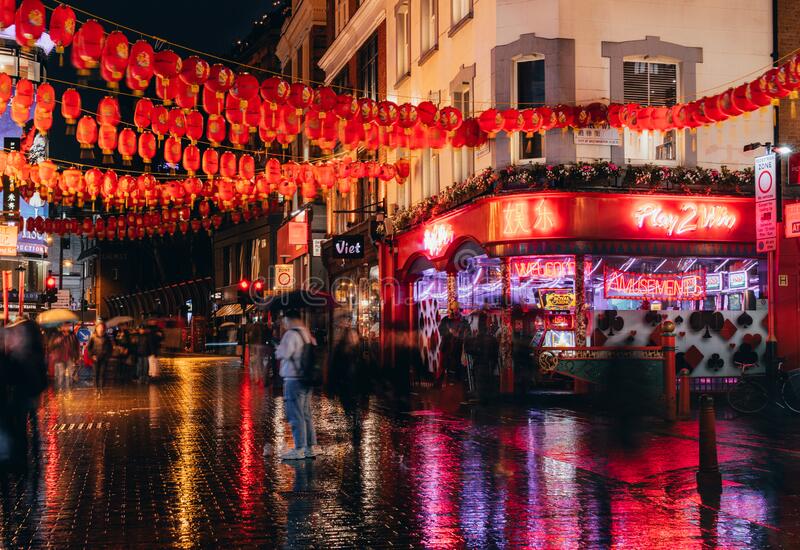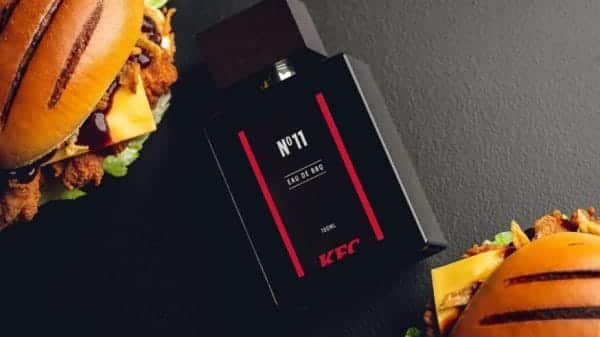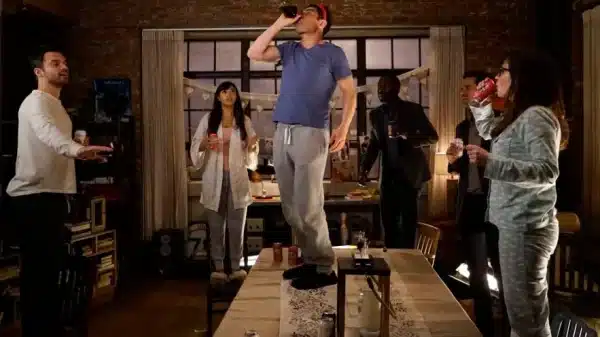Adjacent to the Chinatown windows displaying menus containing scores of noodle and rice dishes, one finds another constant figure: a hiring poster. The lanes are scattered with the phrase ‘Part time/full time wanted, call…’, constantly attracting job seekers.
While there is an issue of supply being unable to keep up with demand, it raises questions as to what causes this problem in the first place. This article investigates whether the high turnover rate is prompted by the social climate of the last two years or if there are inherent problems with the work environment that need to be addressed.
Pandemic worries: not a thing of the past
While people may line the colorfully decorated streets, eager to wait half an hour for a meal, it appears that the area still needs to recover fully. The government imposing a congestion charge on the neighborhood has hampered business. Also, recovering monetary resources has proved easier than human resources. In an interview with Eater London, restaurant representatives detailed the struggle to replace key staff. Daniel Ngu, a waiter at Rasa Sayang from Malaysia, noted that the job market seemed over-saturated pre-pandemic. After Covid, he received the offer quickly due to the scarcity of employees. He worked for two months; following his resignation, new people immediately joined the team. In Chinatown, the stability of a restaurant’s functioning is based on its ability to lose and find people.
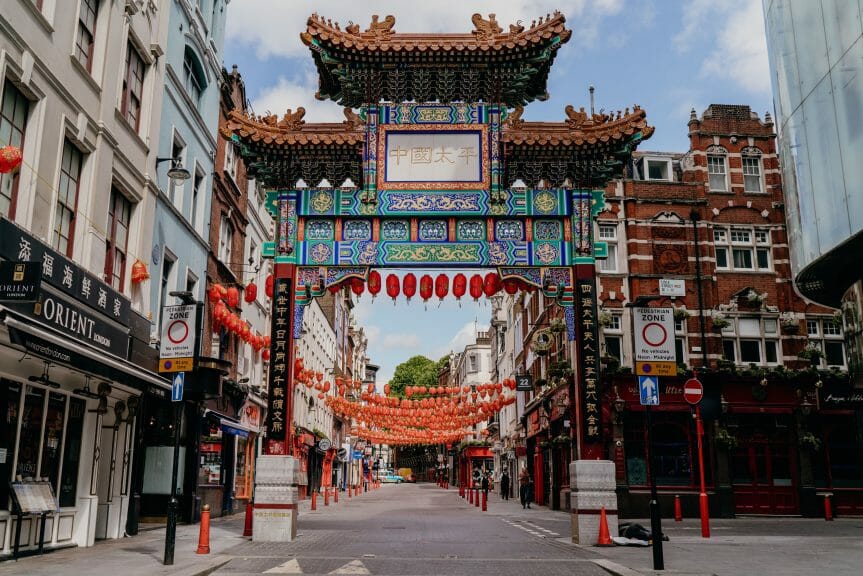
The work culture in Chinatown
Chinatown is an Asian area in the heart of London, which gives it a unique cultural position. The people who come and work here also navigate a culture shock of sorts. Storm Kleiva, who worked at the independent Misato, felt a stronger sense of hierarchy than in his previous service sector jobs in Norway. He mentions that some colleagues would be very vocal about their discontent with minor errors, and shouting could occur. However, he still left with a positive impression of Chinatown, chalking it down to a difference in norms due to culture. While reflecting on his time, he admires the persistence of these small shop owners. Many of them themselves feel a cultural difference with English not being their first language and having to work in an English-speaking environment.
Why did you choose to work in Chinatown? Are you happy with your choice?
Ngu: I chose Chinatown because it has better salaries due to the traffic flow (tourist area). I joined Rasa Saying because I’m Malaysian and thus familiar with the menu and the work environment. It is the right choice for me.
Kleiva: I chose Chinatown as an area because of its liveliness and location, and the unique food scene was also appealing. I chose Misato in particular because of its relatively small size, and being a Japanese student, it seemed a great fit.
How did you find the hiring/onboarding process?
Ngu: The hiring/interview process was relaxing. The manager talked me through every detail and communicated slowly to let me understand the information. The information regarding salary, safety information, and my training was clearly mentioned.
Kleiva: The hiring process was surprisingly quick. I was not really interviewed, but I did send a cv and a letter of motivation. The salary and tasks were communicated in a pre-start conversation. I also received guidance on the first shifts. However, I never signed a contract stating my salary.
Did you feel a cultural difference when you worked there? If yes, how so?
Ngu: Yes. Especially seniors with higher ages work very differently from juniors. Their thoughts and styles are different. Seniors tend to work effectively, but lack sincere hospitality to the customers. Younger workers are hospitable, but lack effectiveness.
Kleiva: While I sometimes thought the condescending tone I frequently experienced at Misato was a result of cultural differences. I do really believe that it is just a matter of person and little previous work experience.
Would you recommend working in Chinatown to someone else?
Ngu: Yes, definitely.
Kleiva: Yes I would. It can be demanding, but also offers a connection to a super interesting and buzzing area.
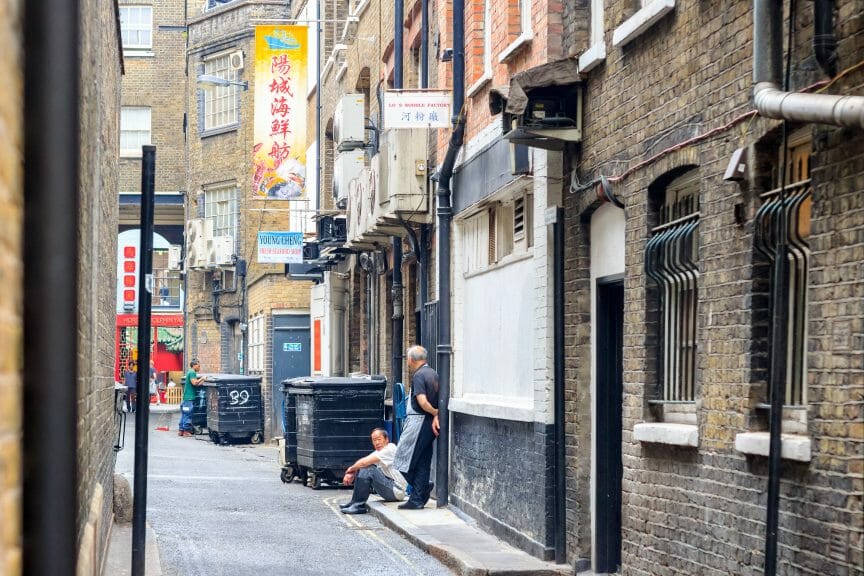
A round-up
Kleiva and Ngu’s accounts present two very different perspectives reflecting the area’s diversity. There is an irregularity in terms of operations. Certain restaurants work in the formal sector with official salaries and safety handbooks. Others rely on vocal training and goodwill, which is not uncommon in Asian countries. While there needs to be safeguarding measures for employees in cases of negligence, this system also has advantages. The informality of hiring makes it easier for students to work flexible hours and for unemployed persons looking for a fresh start, especially if they don’t have an address. In a way, Chinatown’s varied yet traditional quality allows it to preserve its authenticity and thrive on the other side of the world. Some might attribute its charm to precisely this.


